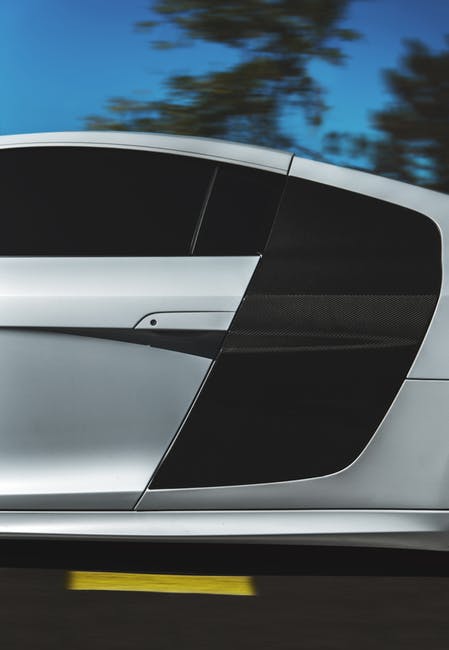Not So Dark There, Donnie: The Most Stringent Tint Laws By State
Auto window tinting is a popular practice for good reason. Your vehicle can be kept 60 percent cooler and block up to 99 percent of UV rays with window tinting alone.
So why isn’t auto window tinting a no-brainer? Depending on the state you live in, there can be stringent laws against auto window tinting. We’ve explored the most stringent tint laws by state below.
California
California is notorious for its strict regulations. When it comes to window tinting, you can only use non-reflective darkening on the top four inches of your windshield, as well as your front side windows.
The tinting must allow at least 70 percent of light through. Most states allow up to 50 percent of light blockage, making California a more stringent state.
Alaska
Interestingly enough, Alaska has some of the strictest window tinting regulations across the United States. In Alaska, 70 percent of light must be able to pass through your front side windows.
Only the top 5 inches of your windshield can be tinted, and the backside and rear windows must let in at least 40 percent of light. Finally, you cannot have tinting that is colored red, yellow, or amber.
Ready to find out what your stat’s laws are? Find extensive tint laws by state at https://windowtintlaws.us/.
Why Window Tint Laws By State Exist
Despite the benefits of window tinting, there are sufficient reasons behind why states can stipulate exactly how strong your window tint can be in each portion of your car.
Kidnapping
Having window tints that completely or nearly block out all light can be a kidnapping risk. While you may never need to look out your right back window, it can be a security risk to block out vision there completely.
Kidnappers could child-lock victims in the back seat and make it almost impossible for them to be seen through windows this way.
Preserving Security Cameras
High-percentage window tinting can also make security cameras obsolete. This is similar to how license plates need to be visible for tolls and catching crimes on camera.
If nearly opaque window tinting is allowed, potential criminals can speed away in vehicles and never be caught on camera. Requiring a minimum amount of light to shine into windows gives security cameras and law enforcement a fighting chance to track down criminals.
Exemptions from Tint Laws
In special cases, it is possible to get an exemption from your state’s tint laws. This is typically only possible in medical scenarios. If you have a medical condition that requires a limitation of sunlight exposure, you may be able to keep more heavily tinted windows legally.
Medical conditions that may qualify include lupus, photosensitivity, and melanoma.
Window Tinting + You
No matter which state you live in, it is still possible and beneficial to get window tinting for your vehicle if you can afford it. Stay up-to-date on your state’s window tint laws and be sure to get your tinting professionally done.


